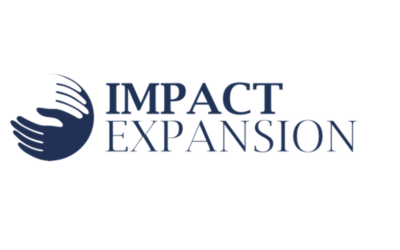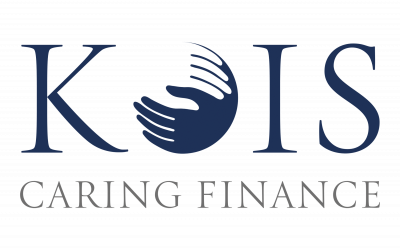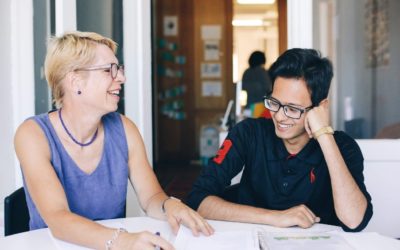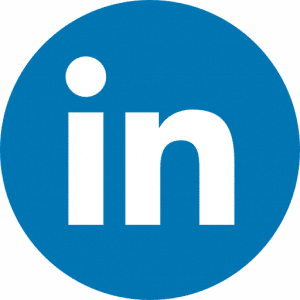Long-term renewable energy assets for the humanitarian sector
Project details
In 2016, it was estimated that over 2.6 million refugees live in camps for over 5 years. In this context, they depend on humanitarian organizations for shelter, sanitary facilities, and more, services which can be expensive and often harmful to the environment. In this context, KOIS delivered a feasibility study to demonstrate the potential of setting up a multi-hundred million dollars leasing facility for the humanitarian sector with a primary focus on solar energy.Designing better and more sustainable solutions for the humanitarian sector
A Blended finance solar-facility leasing mechanism
Humanitarian crises have become increasingly protracted in nature. Yet, humanitarian organisations have yearly budgets that prevent them from planning for multiple years. Innovative finance can help humanitarian agencies overcome this budgetary constraint and provide more cost-efficient and adapted services to displaced populations.
Discover our other projects
Impact Expansion: investing to tackle social exclusion, healthcare challenges and climate change in Europe
Impact Expansion was founded in 2022 through a covenant of partners from KOIS and Milestone. On the strength of their expertise in impact investing with a strong buy-and-build track record, the fund invests in companies during their growth stage in 3 focus sectors: Healthcare, Education & Employment, and Environment.
Club deals: since its inception, KOIS has initiated and managed a number of impactful club deals
KOIS and Quadria capital co-founded HealthQuad in 2016. Since then,
HealthQuad has become India’s leading Healthcare Focused Venture Capital Fund. The fund typically invests in early stage companies with a high disruption potential in the healthcare industry. HealthQuad aims to contribute to improving affordability, accessibility and quality of healthcare services in India while generating attractive returns for investors.
Multi-country Social Outcomes Contracting to tackle unemployment in Europe
European Union Member States have been confronted with the challenge of unemployment for several decades with relatively similar characteristics. Seeking innovative approaches to tackle this common issue, KOIS has supported the European Investment Advisory Hub (EIAH), in testing the preliminary feasibility of a Pan-European Social Outcomes Contracting (SOC) scheme. In this study, we explore the potential benefits and hurdles of a multi country Social Outcomes Contracting in three pilot countries, France, Belgium and the Netherlands.




